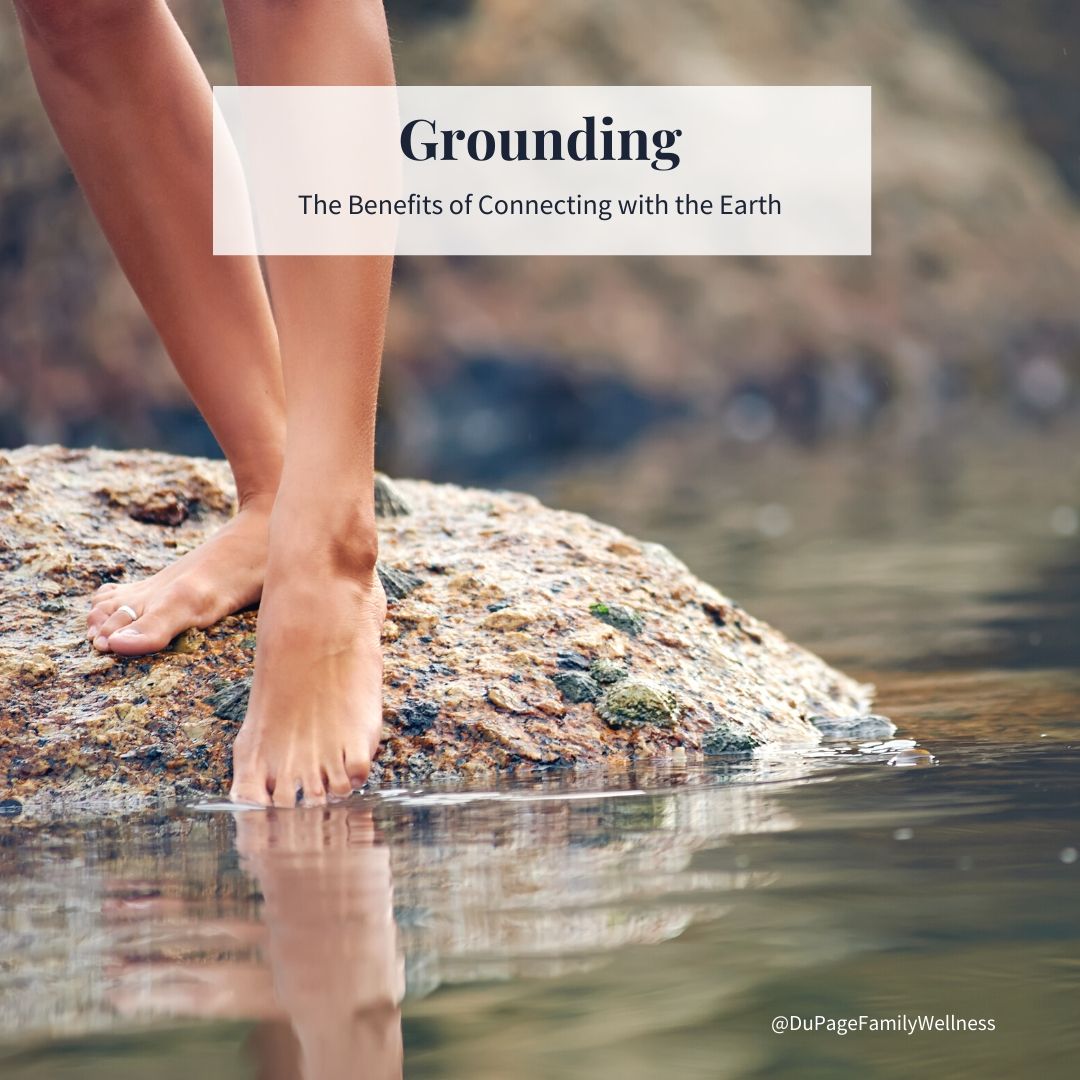 Children love to play outside - digging in the mud, picking wildflowers, walking barefoot, playing in the sprinkler, or simply lying in the grass. It is one of the highlights of childhood. They explore the world, interacting with it instinctually.
Children love to play outside - digging in the mud, picking wildflowers, walking barefoot, playing in the sprinkler, or simply lying in the grass. It is one of the highlights of childhood. They explore the world, interacting with it instinctually.
As we grow up we often lose this connection with the earth and the many benefits this connection provides. But the practice of grounding is gaining popularity in the holistic wellness community, and even attracting the attention of some researchers.
Let’s look at this ancient practice and how we can engage in it today!
What is Grounding
“Grounding” or “earthing” is an ancient practice of putting the body in direct contact of the earth’s soil (or water).
It is based on the belief that we can draw from the earth's energy when we connect with it in this way. Since the earth carries a negative charge, we are able to pick up the extra electrons on the earth's surface. These electrons are then able to pair with free radicals within the body and neutralize them. In this way, grounding acts as an antioxidant (1).
Grounding can occur anytime we are in contact with substances that conduct these electrons (water, dirt, sand, concrete, etc.). This means that even a simple walk to get your mail can be beneficial if you are barefoot.
Benefits of Grounding
Grounding is believed to have many benefits that go beyond what can be measured. While more research is needed, studies are beginning to find some real benefits of grounding.
- Better sleep
- Stress reduction
- Improved Mood
- Pain Reduction
- Cardiovascular Health
- Decreased Inflammation
If you are interested in looking at the science behind grounding, check out Healthline’s article “Grounding: Exploring Earthing Science and the Benefits Behind It.”
Risks of Grounding
While there are few risks of grounding, it is important to be aware of your surroundings. Obviously you will need to be aware of dangers such as sharp objects, stinging insects, etc.
Read more ...
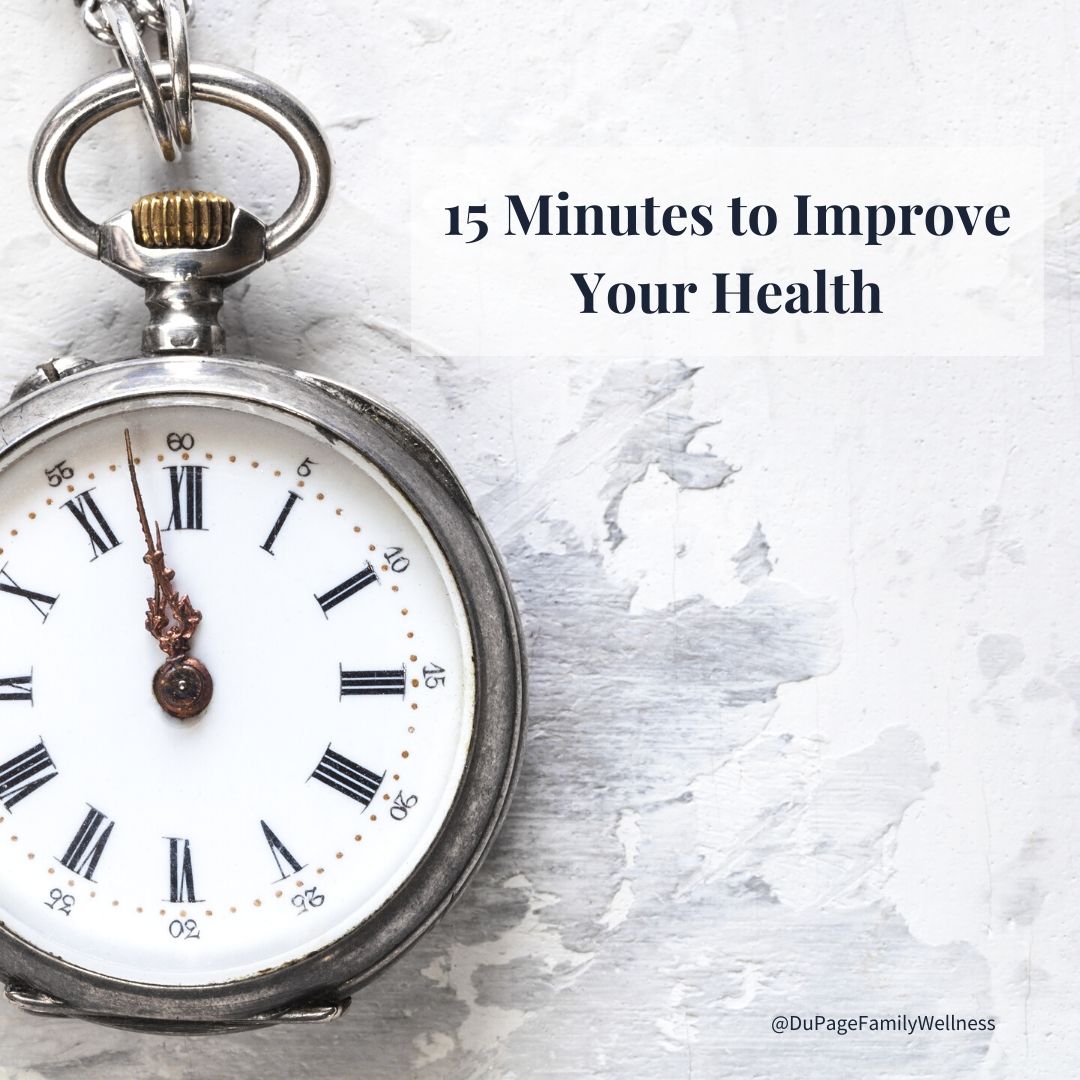 Many people are experiencing the benefits of journaling for 15 minutes a day!
Many people are experiencing the benefits of journaling for 15 minutes a day!
While keeping a journal is an ancient practice, it has become extremely popular today and has attracted the attention of many research scientists. This simple exercise can have a profound effect on both your mental and physical health.
It is amazing to see the research confirm what proponents of journaling have told us all along. As we look at the benefits of journaling it becomes clear that this inexpensive, simple practice is an investment worth our time.
What is Journaling?
Journaling is a way to express yourself freely through the written word. This can take on many different forms and there are no rules to how this is done.
Many people simply start writing about their day, something that is bothering them, or a problem they are trying to solve. Getting their emotions out on paper helps clarify their experience and releases emotion. Other people use their journal to remind themselves about what they have accomplished, while others focus on things for which they are grateful.
Some people find that it is helpful to use a prompt to start journaling. Questions or inspirational quotes make good journal prompts, encouraging people to consider things they otherwise might overlook. The important thing is to let the writing flow freely without censoring yourself.
Tips for Journaling
- Confidentiality: Journals should be considered a private space. Most people feel more liberty to share their thoughts when they know other people will not read them. From time to time you may choose to share a portion of their journal with a trusted friend, but it should be assumed that writings are for the person journaling and no one else.
- Uncensored & Unedited: Journals are a place to get thoughts down on paper as freely as possible. Discoveries are best made when you get in a flow and don’t think too hard. For this reason it is best not to censor or edit your work. Give yourself permission to get it out on paper. Tap into those thoughts that otherwise would remain unconscious. Don’t let grammar or punctuation weigh you down.
Read more ...
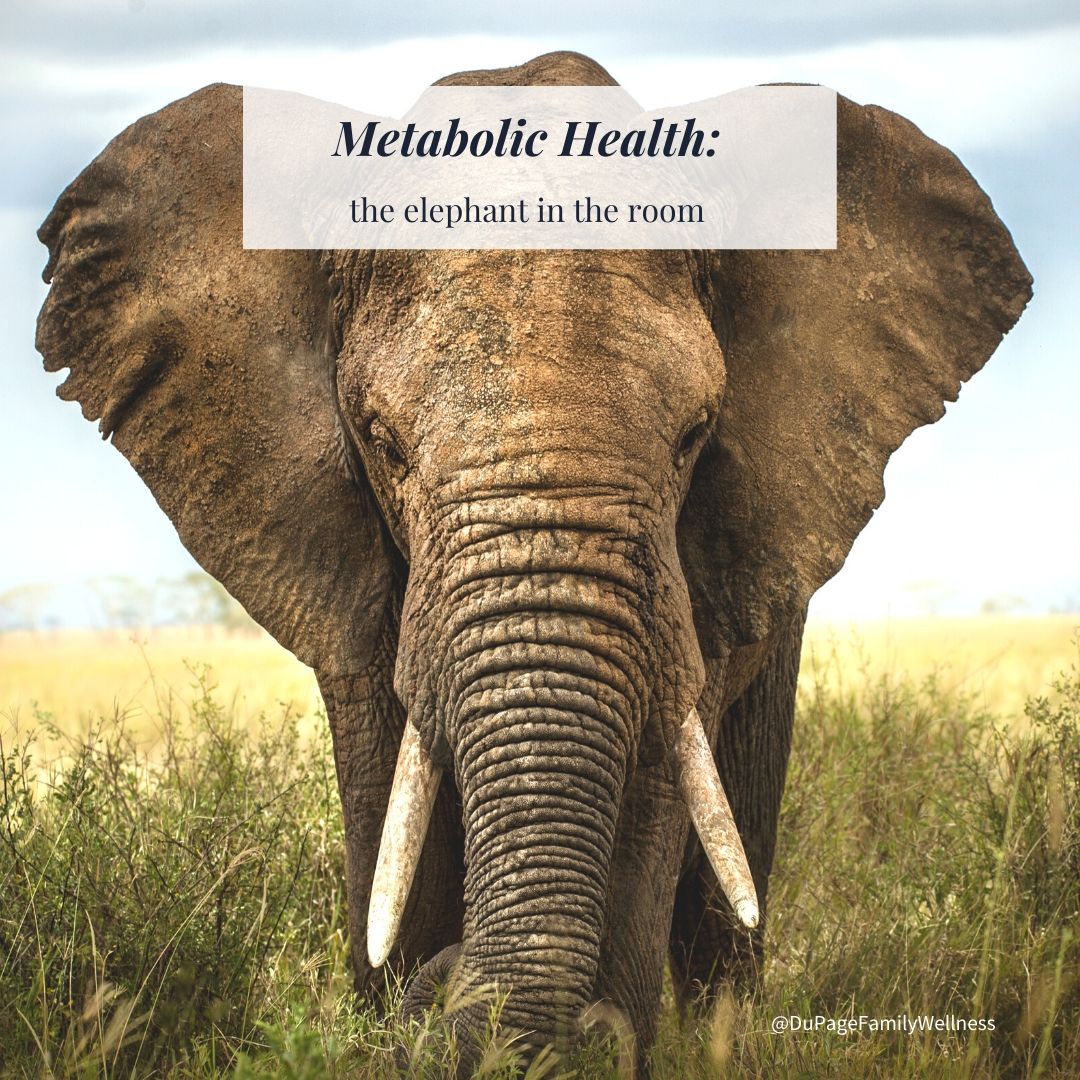 With all that is going on in our world today, everyone wants to be healthy. People want to boost their immune system, so their bodies will be resilient and strong.
With all that is going on in our world today, everyone wants to be healthy. People want to boost their immune system, so their bodies will be resilient and strong.
Many people consider themselves healthy since they are active and in a normal weight range. But research is showing that it is possible even for thin people to be quite unhealthy. It’s like they are thin on the outside, but fat on the inside.
So what does it mean to truly be healthy? How do we measure our health objectively? And what can we do to improve our health?
Recently, I listened to one of my favorite podcasts The Doctor’s Farmacy. In it, Dr. Hyman was speaking with Dr. Aseem Malhotra on this very topic. Dr. Malhotra is a cardiologist, professor, author, and health advocate in the UK. They talked about Metabolic Health, how to measure it, why it matters, and the impact it has on public health.
Let’s take a brief look at this important subject and how you can use this knowledge on your journey to wellness!
Read more ...
Covid-19 Policies
In order to help with social distancing, protect our patients, and protect our team:
- Dr. Jamie will be wearing a face mask and washing her hand between each patient. We ask that patients wash their hands upon arrival and bring their own mask to wear.
- If you arrive early, please wait in your car until your scheduled appointment time. (If you would like to text Dr. Jamie that you are here (630-448-0255), she will wave or text when she is ready for you.)
- If you feel sick, or have been around anyone who has been sick please reschedule your appointment. (Please let us know immediately if you or a family member has been out of the country within the last 14 days.)
- We are disinfecting the table between every patient and disinfecting door knobs regularly throughout the day.
- We will use freshly laundered pillowcases over the pregnancy pillows for prenatal adjustments.
- We have removed the magazines from the lobby and are closing our tea station and lending library for the foreseeable future.
- Parents: We have removed the shared toys in the office to prevent the spread of germs.
Thank you!
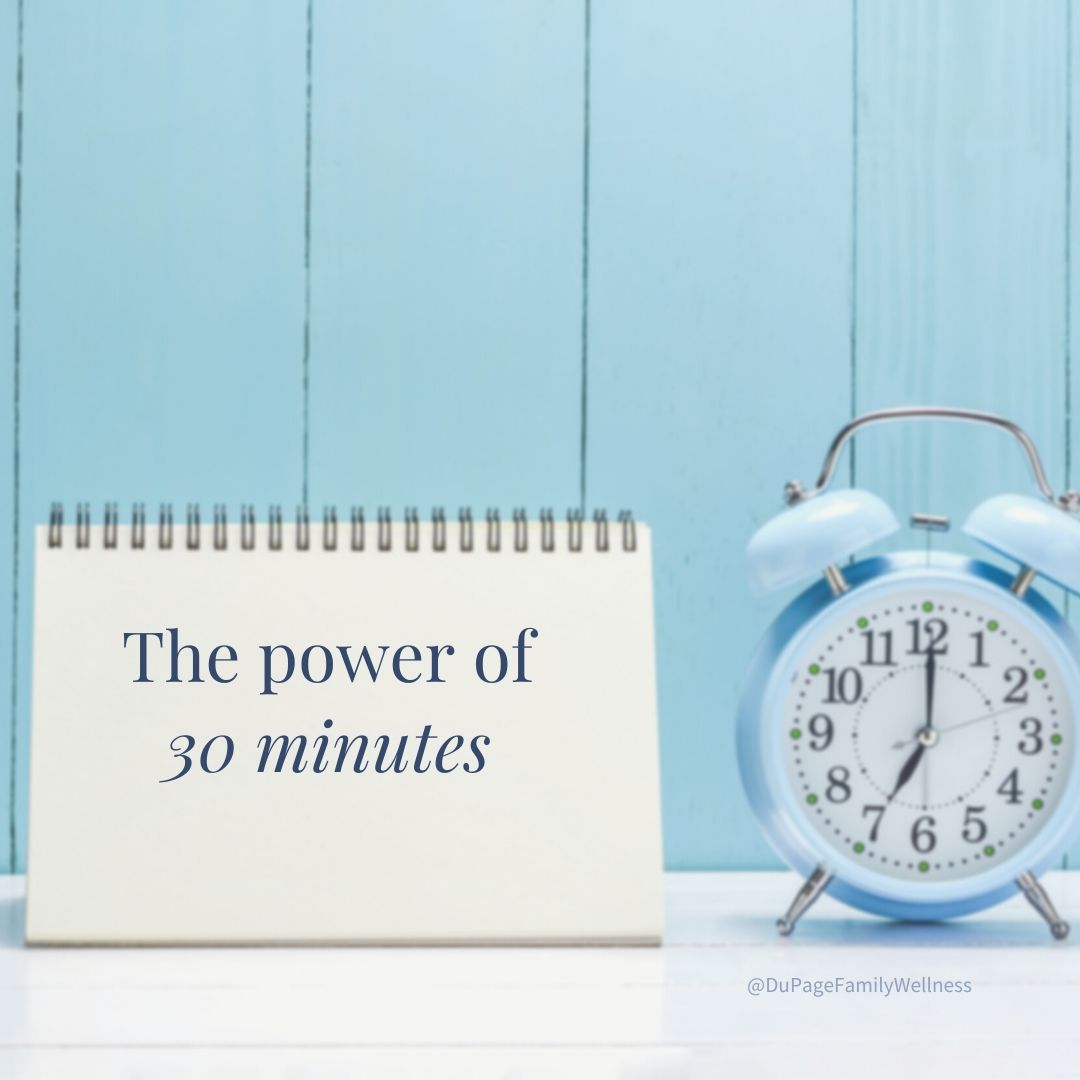 There is a health practice that takes no energy, but quite a bit of self control. It is free, yet the cost of going without is high. Sunshine encourages it, but light hinders it. What is it?
There is a health practice that takes no energy, but quite a bit of self control. It is free, yet the cost of going without is high. Sunshine encourages it, but light hinders it. What is it?
The answer to this riddle may surprise you as it's not often though of as a "health practice". But it is as just as important for our health as exercising, meditating, managing stress, and eating nutritious foods.
What is it? Sleep!
Sleep is essential for all of the body's systems! Without adequate sleep the neurological, endocrine, musculature, digestive, and immune systems are compromised. But our society does not recognize the importance of sleep or value it the way it should.
You may be surprised, but my encouragement for you today is to get some more sleep!
Does Sleep Really Matter?
While adults generally need 7-9 hours of sleep each night, almost a third of adults don’t even get six! Getting less than six hours of sleep a night is associated with chronic inflammation, obesity, insulin resistance, diabetes, cardiovascular disease, heart disease, and hypertension. Lack of sleep can also increase the risk of psychiatric disorders such as depression & anxiety.
Melatonin, one of the main hormones that controls your circadian rhythms, actually increases your immune system function. This immune support may help your body fight off infections and protect you from illness.
Sleep is also crucial for...
- Enhancing memory and mental clarity
- Musculoskeletal growth and repair
- Boosting mood and energy
- Increasing stress tolerance
How to Get a Good Night’s Rest
My biggest challenge for you is to simply go to bed 30 minutes earlier than you have been going to bed over the last few weeks. Many of us have had our routines disrupted by the current state of things in the world. This may have impacted when you end up going to bed.
Read more ...
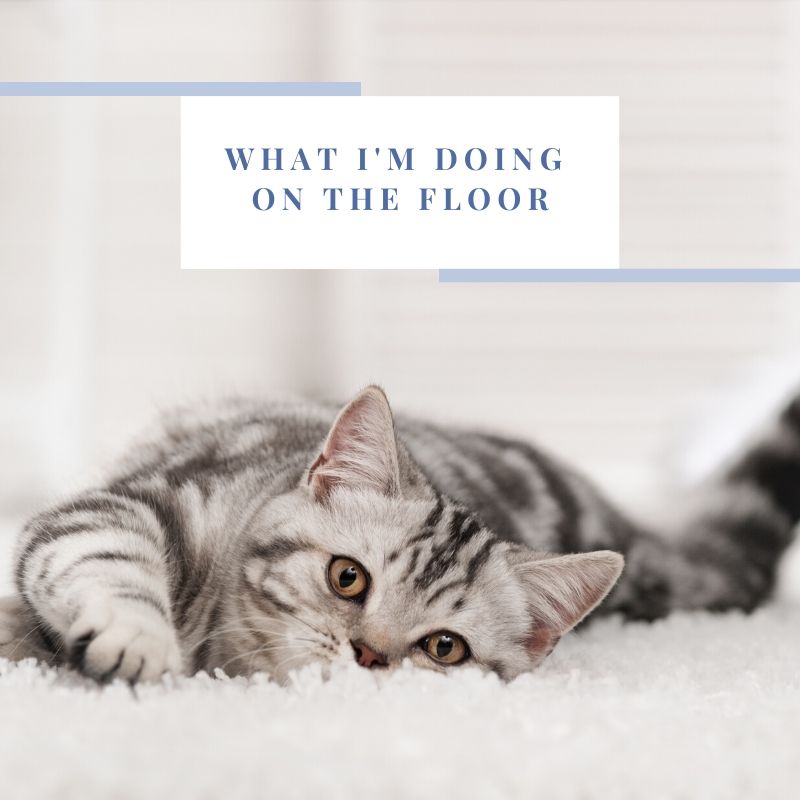
During this time of sheltering in place it can be a challenge to stay active. The last couple weeks we have teamed with H4 Training and Mindful Movements to provide you with some great workout videos.
Today we want to share a video made right here at DuPage Family Wellness. In it Dr. Jamie leads you through a series of functional movement exercises. These movement sequences are the foundation of natural healthy movement.
What is Functional Movement?
Functional movement is based on the way a baby develops movement - how they move, organize movement patterns, and learn stabilization. This results in a solid foundation for all movement.
Research has found that the way a baby moves is the most efficient way to move. When we deviate from this type of movement we will not function at our best. These exercises allow us to reestablish these movement patterns so that they become natural again.
Functional Progression Exercises (in less than 15 minutes)
Go ahead and check out the Functional Movement Video. Be sure to stay to the end when I add on one more final movement pattern that I almost forgot about!

I would love to hear what you thought of this video! Were any of the exercises challenging for you? Did you think it would be easier than it was?
If you are interested in learning more about Functional Progression or would like to work with me directly to learn these movements give us a call at 630-448-0255.
Dr. Jamie
P.S. More information about Functional Movement can be found in the blog When “Acting Like a Baby” Isn’t a Bad Thing.
 Children love to play outside - digging in the mud, picking wildflowers, walking barefoot, playing in the sprinkler, or simply lying in the grass. It is one of the highlights of childhood. They explore the world, interacting with it instinctually.
Children love to play outside - digging in the mud, picking wildflowers, walking barefoot, playing in the sprinkler, or simply lying in the grass. It is one of the highlights of childhood. They explore the world, interacting with it instinctually. 

 Many people are experiencing the benefits of journaling for 15 minutes a day!
Many people are experiencing the benefits of journaling for 15 minutes a day! With all that is going on in our world today, everyone wants to be healthy. People want to boost their immune system, so their bodies will be resilient and strong.
With all that is going on in our world today, everyone wants to be healthy. People want to boost their immune system, so their bodies will be resilient and strong. There is a health practice that takes no energy, but quite a bit of self control. It is free, yet the cost of going without is high. Sunshine encourages it, but light hinders it. What is it?
There is a health practice that takes no energy, but quite a bit of self control. It is free, yet the cost of going without is high. Sunshine encourages it, but light hinders it. What is it?